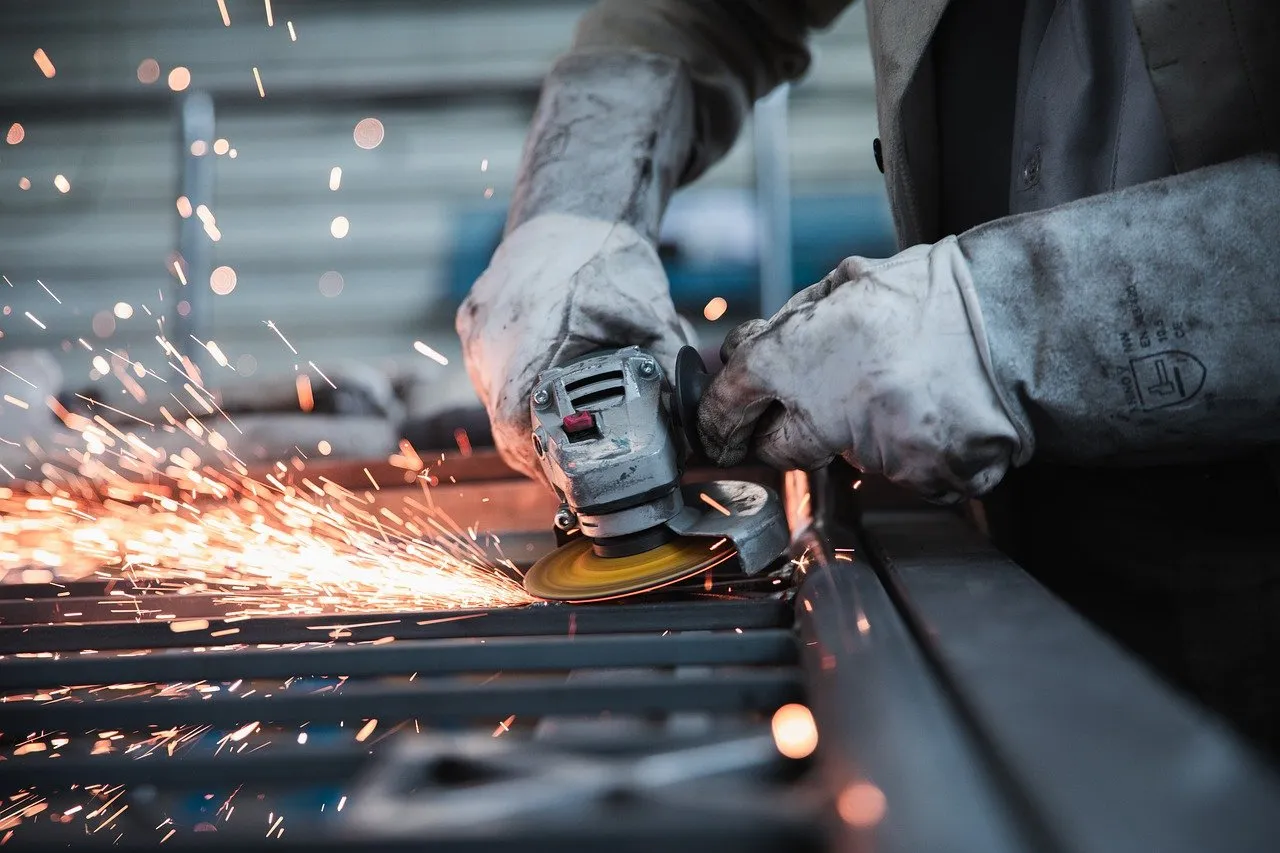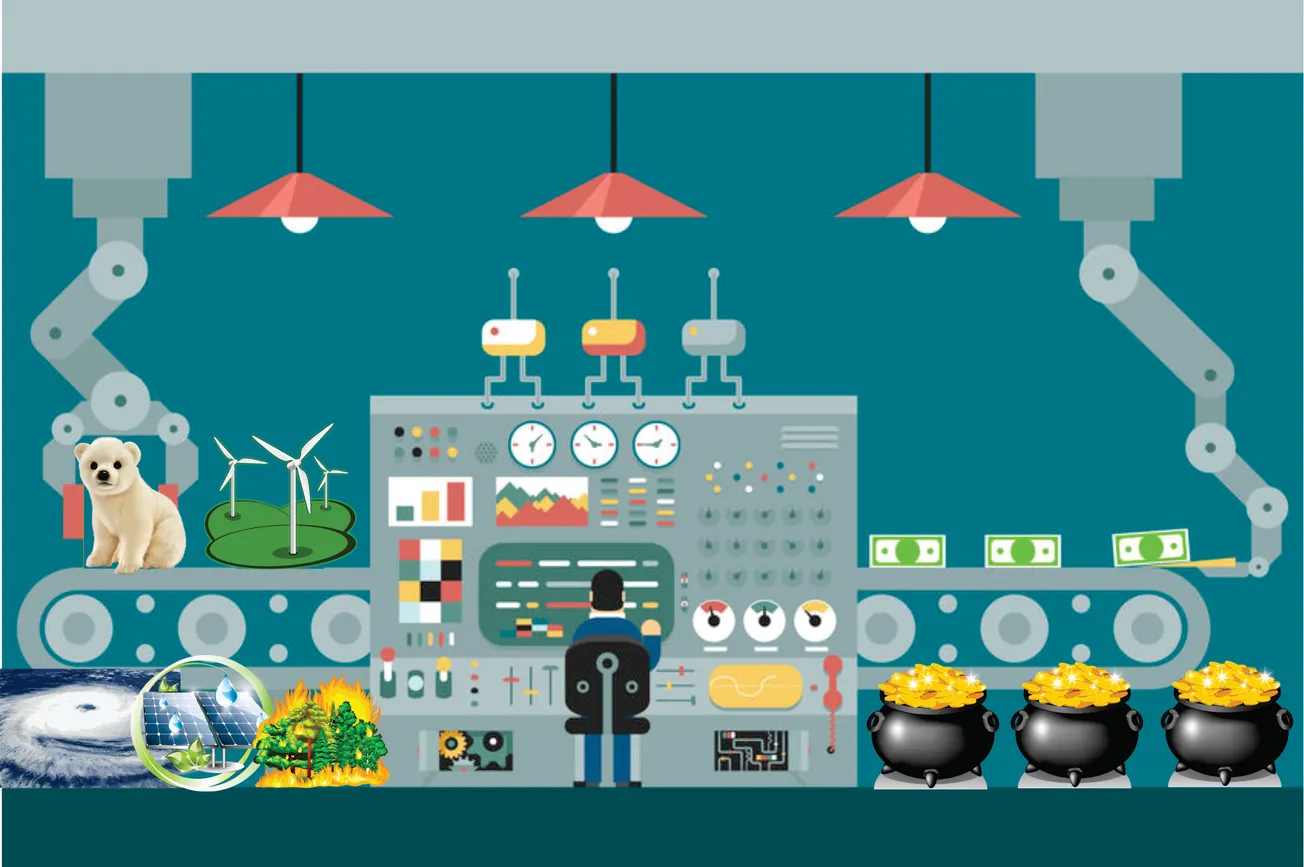Table of Contents
John Tamny
brownstone.org
John Tamny is Senior Scholar of the Brownstone institute, editor of RealClearMarkets, and Vice President at FreedomWorks
Cato Institute co-founder Ed Crane always marvels at the simplistic thought processes of economic reporters and commentators. It truly mystifies him that they still spill so much ink on how to get a country economy “moving again.” Can they really be this dense?
There’s no mystery to economic growth. China was once the face of unrelenting poverty. Think back to John Lennon’s line about how “they’re starving back in China, so finish what you got.” While China’s still a very poor country in a per capita sense, the country defined by starvation in the 1970s is McDonald’s largest non-U.S. market in the 2020s.
What changed? To even ask the question calls into question the intelligence of the questioner. The change has been freedom. This isn’t to say that China is demerit-free, but broadly its people are much freer economically, and the evidence can be found in shimmering cities across the country. About economic growth, there’s no mystery. Free people. End of story.
Still, this statement of the obvious requires frequent stating, including in the richest country on earth: the United States. And it brings on an anecdote. A headline at CNN.com indicated 700 airline flights were canceled last Sunday. Weather always factors, but at present a lack of staffing at the major airlines looms large. Which is arguably another statement of the obvious.
That’s the case because humans are the ultimate capital. While investment powers economic growth, the investment flows signal flows of more than trucks, tractors, airplanes, offices, desks, chairs, and other resources. Most important about the flow of investment is what it signals about the movements of humans who staff corporations. Those businesses go into the market for financial capital with an eye on winning the services of people.
Importantly, the direction people take tells an essential economic story. People are progress, or insert your other cliché here. In which case it’s worth thinking about ongoing staffing shortages at airlines and restaurants, among other sectors. They’re struggling to stay operational due to a lack of human capital.
That they are is a reminder of a frequently unspoken truth about businesses: when they hire individuals they’re adding crucial assets. The New York Yankees don’t lament the signing of top players; rather they celebrate the additions. So do their fans. Other businesses are no different. It’s the people riding the elevator each day, or putting on a waitress uniform, or affixing airline wings to their lapels that dictate whether a business succeeds or fails.
It’s useful to think about in terms of what happened in March of 2020. It was then that politicians aggressively took away freedom. The very humans who drive all progress had become a lethal menace to one another, according to politicians and experts. Suddenly eating in a restaurant, trying on clothes in a clothing store, flying on a plane, or merely touching one’s face had life or death qualities.
Eager to protect us from our allegedly stupid selves, the very class of people who gave us Vietnam, the Passport Office, and the DMV suddenly took away our right to work, operate our businesses, and live our lives.
Restaurant and airline workers were in particular harmed. Airplanes were the picture of empty amid routes that had been slashed in number. Restaurants that had been a destination for people were reduced to takeout operations. Workers in each sector were fired or furloughed. Stop and think about that.
In particular, stop and think about the impact of this overnight taking of freedom on the thought processes of the human capital that had staffed both sectors. Again, we’re talking about real people who made real choices about how to deploy their talents. Suddenly those choices didn’t look very good as evidenced by the rapid disappearance of jobs.
Naturally both sides missed the point. Alarmist Lefties supported the lockdowns given their belief that we were all too stupid to make wise decisions on our own. The Right didn’t behave much better. Upon the giving back of freedom, the Right obnoxiously fingered excessive unemployment benefits as the cause of subsequent staffing shortages that exist to this day.
Without defending the insulting non sequiturs that were the various jobless benefits bestowed on workers by guilty politicians, the focus on them missed the point. The focus ignored something members of the right formerly understood: it’s called “regime uncertainty.” Right-wing hero Robert Higgs coined it, and did so wisely. If politicians are actively meddling in private decisions (economic and personal), their meddling will among other things elicit halting actions by the people who comprise any economy. Why make the ultimate individual investment (taking a job), if the job’s viability is questionable? Exactly.
Who among you readers would actively invest in a company that potentially faces an antitrust investigation from the DOJ? At the very least, the possibility of a more challenging future would have you gun shy. Are workers somehow different? Time is in many ways the most precious economic commodity of all, so is it any surprise that workers might be reluctant to return to employment that has ephemeral qualities born of government intervention? It shouldn’t be.
That it shouldn’t hasn’t stopped the pundit class from putting the proverbial foot in mouth. A conservative editorial warned of “inflation” resulting from a “wage-price spiral” thanks to United Airlines providing 14.5% raises. No, this is not inflation. More realistically, it’s a signal that workers are presently demanding more pay for work that could be taken from them overnight.
Indeed, none of this was or is inflation. The higher prices are a consequence of hideous takings of freedom that among other things caused workers to question where they’d previously taken their talents. With good reason.
Previously published at Forbes









